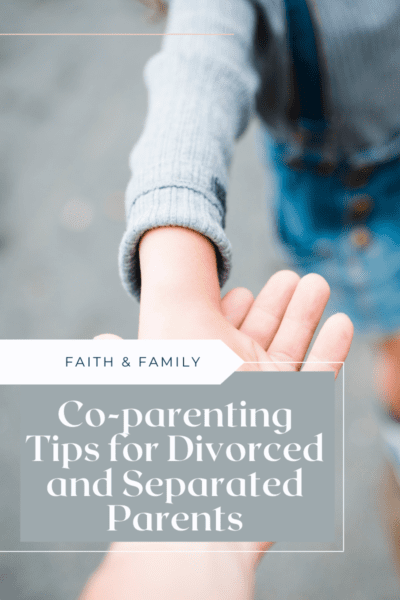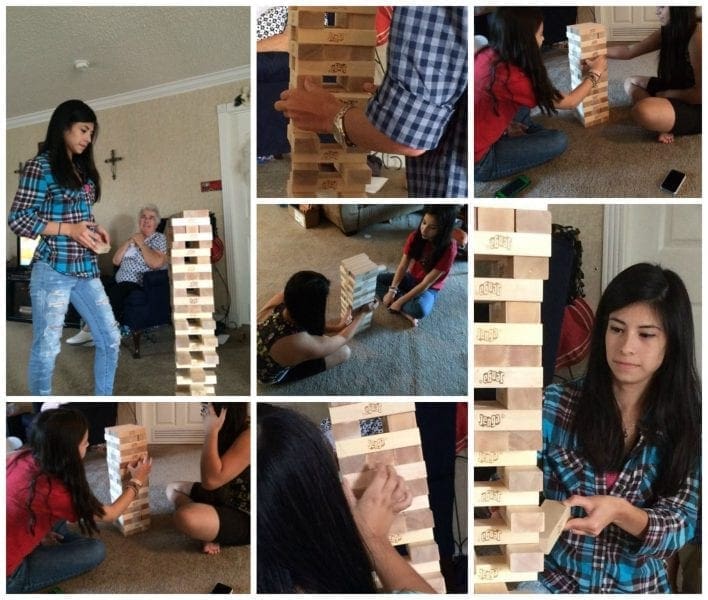Co-parenting Tips for Divorced and Separated Parents

Co-parenting after an acrimonious split is rarely easy. Parents have to put their personal concerns aside to ensure that their children don’t suffer due to their marital hassles. And this is imperative because how their parents communicate and understand each other is a crucial part of their childhood and dramatically impacts their psychological health. Therefore, co-parents should have transparent communication and a crystal clear understanding when it comes to their child’s needs. Below, we have shared some helpful co-parenting tips that every divorced parent should consider.
Understanding Co-parenting
Divorced and separated parents have to go through co-parenting, where both parents are responsible for taking care of their children’s needs. Cities like Edmonton and Toronto in Canada have the highest cases of divorce, which often end up affecting their children’s mental health. So, it’s crucial that co-parenting is handled with care and concern.
If you had a toxic relationship with your ex-partner, making shared decisions or talking to each other on drop-offs, collaborating with each other for various tasks can be infuriating and quite frustrating. But, your best bet as parents is to put all that aside and do your best to not make your children feel alone or demotivated. There are many separated parents who have managed to make their children understand their situation and also ensure that they do not affect their quality of life.
Here’s How to Make Co-parenting Work
Tip 1: Keep Your Personal Conflicts Aside
The key to good co-parenting is not letting your personal conflicts come in the way of child care. Science shows that children who see their parents struggling with divorce, face difficulty believing in relationships. This can have an adverse effect on their later life. So, make sure both the parents treat their children with care and love, ensuring that the child doesn’t suffer in the entire process.
Tip 2: Speak to Your Ex-Partner to Have Shared Decisions
Handling co-parenting and joint custody arrangements with your ex-partner can be quite tricky. But here’s when you must think about your child and not yourself. Make sure you and your ex regularly speak to each other to make shared decisions for your child’s betterment. If you face difficulties communicating with your ex, you can seek help from an Edmonton divorce lawyer as a lawyer can help you settle any miscommunications. Before making any decision for your children, consult with your ex, as the matter can get out of hand otherwise.
Tip: 3 Do Not Let Your Child Suffer
Since it’s the parents who decide to separate, children should not suffer at any cost. Make sure that the child meets both parents and is heard all the time. Refrain from picturing a bad image of the co-parent in your child’s head as it may affect their relationship. Listen to your child and make him feel that your love for them will never be compromised, no matter what.
The entire process of divorce and after custody can be painful for parents. Since you can’t do anything about it, ensure to protect your children during the process. Make sure to feed your child with love, care, and support.









